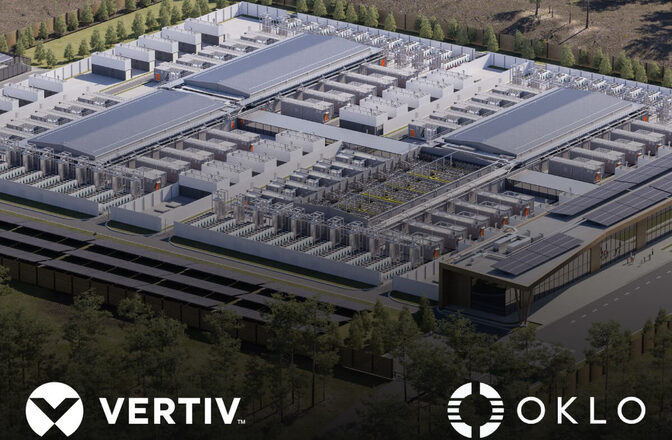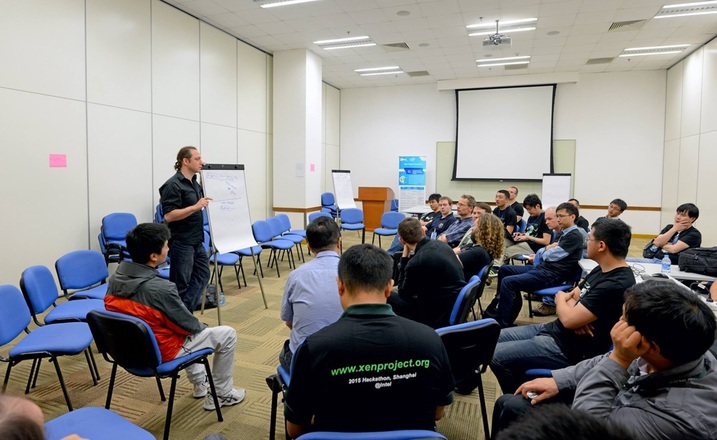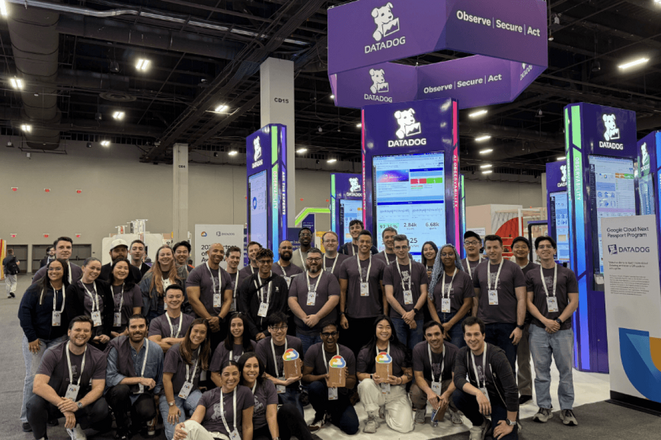
Vertiv and Oklo, two publicly traded U.S.-based technology companies, have entered into a strategic collaboration aimed at redefining how hyperscale and colocation data centers manage power and thermal efficiency. The partnership, announced this week, focuses on integrating advanced nuclear energy with high-performance cooling and energy systems tailored to the growing needs of AI and high-density computing environments.
Under the agreement, Vertiv, a global provider of digital infrastructure and continuity solutions, will co-develop a suite of power and cooling technologies powered by Oklo’s nuclear microreactor systems. The companies plan to pilot their joint technology at Oklo’s first Aurora powerhouse, which will serve as the demonstration site for their integrated energy infrastructure concept.
As demand for compute power surges in the U.S. – driven by accelerated adoption of AI, machine learning, and cloud services – operators face mounting pressure to balance performance with environmental responsibility. This partnership aims to address that challenge by leveraging Oklo’s clean, on-site power generation and Vertiv’s expertise in thermal and electrical systems for data centers.
Unlike traditional nuclear solutions, Oklo’s advanced fission technology relies on compact powerhouses designed for modular deployment. The Aurora power plant generates both electricity and high-temperature steam, which can be harnessed to support not only data center workloads but also cooling infrastructure. By capturing waste heat and integrating it directly into Vertiv’s custom cooling platforms, the solution seeks to improve energy efficiency while reducing the environmental impact of large-scale data operations.
End-to-End Data Center Blueprints
The two companies will also co-design reference architectures for end-to-end data center builds, enabling streamlined deployment models that take advantage of on-site nuclear power. This integrated approach is intended to deliver resilient, high-density infrastructure that can be rapidly scaled to meet localized demand.
Jacob DeWitte, co-founder and CEO of Oklo, emphasized the strategic importance of the collaboration, stating that the partnership will help unlock value for operators by offering power and thermal solutions purpose-built for AI and next-generation compute. He also noted that Oklo’s use of commercially available components allows for faster deployment timelines without altering the core design of its microreactors.
From Vertiv’s side, CEO Gio Albertazzi framed the alliance as a natural extension of the company’s mission to enable energy-efficient infrastructure for next-generation data centers. “Nuclear energy is increasingly relevant for hyperscale and colocation providers seeking to scale AI workloads while minimizing carbon impact,” said Mr. Albertazzi. “By working alongside Oklo, we aim to deliver integrated systems that address these operational and sustainability goals in tandem.”
Oklo’s operational model – where it owns and operates its own power plants – provides added flexibility for clients looking to co-locate power infrastructure with compute assets. The proximity of energy generation to consumption reduces transmission losses and simplifies site planning for operators pursuing edge or distributed data center strategies.
As the data center sector continues to scale in response to AI and cloud computing growth, the Vertiv-Oklo partnership marks a pivotal exploration of how alternative energy sources like advanced nuclear can play a role in meeting the industry’s evolving power and cooling demands. Both companies suggest this collaboration is only the beginning of a broader industry shift toward cleaner, more efficient digital infrastructure solutions.





